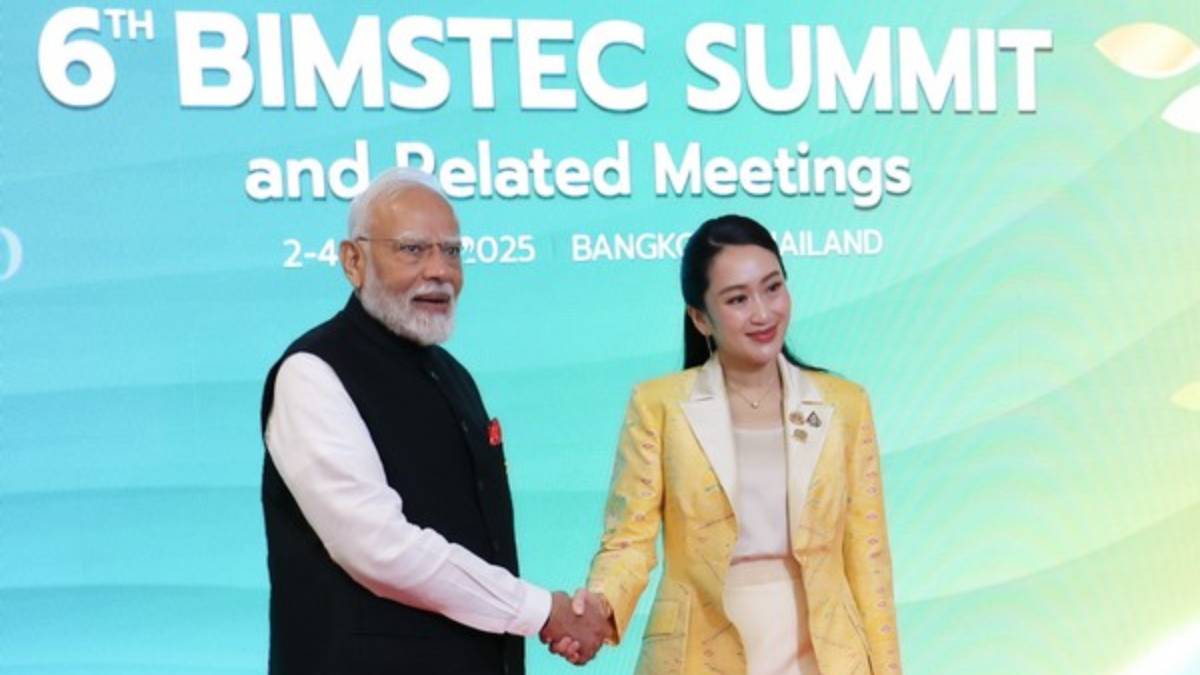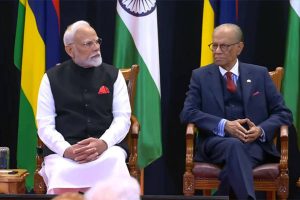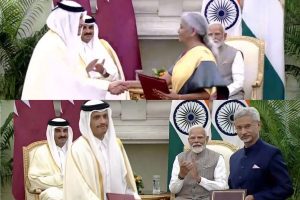In a significant step toward deepening bilateral ties, Prime Minister Narendra Modi and his Thai counterpart Paetongtarn Shinawatra have agreed to enhance physical, digital, and financial connectivity between India and Thailand. The leaders met on Thursday and announced the elevation of their relationship to a Strategic Partnership, emphasizing stronger regional linkages and comprehensive cooperation across multiple sectors.
According to a joint declaration from India’s Ministry of External Affairs, both countries will work to enhance connectivity through expedited development of the India-Myanmar-Thailand Trilateral Highway, its eastward extension, and the India-Myanmar-Thailand Motor Vehicles Agreement. Efforts will also be made to strengthen maritime links via coastal shipping and port-to-port connections, along with boosting air connectivity.
The two nations committed to fostering socio-cultural, educational, and people-to-people exchanges. Initiatives include mutual recognition of educational qualifications, increased scholarship opportunities, and cooperation in skill development, language training, and technical education.
Cultural cooperation will be deepened through shared initiatives in performing arts, exhibitions, archaeology, and festivals under the Cultural Exchange Programme. India and Thailand also expressed interest in expanding sports collaboration, focusing on sports integrity, science, tourism, and professional exchanges.
Scientific and technological collaboration will be enhanced through joint research in agriculture, biotechnology, ICT, and space technology. In health, both sides agreed to promote cooperation in traditional medicine, medical products, and human resource development.
To support economic integration, India and Thailand signed multiple Memoranda of Understanding (MoUs) across various sectors. They also agreed to encourage closer collaboration between financial institutions to facilitate trade, investment, and cross-border payments.
Emphasizing sustainability, the partnership will include cooperation in areas like the Bio-Circular-Green Economy, renewable energy, and energy efficiency technologies, contributing to the climate goals of both countries.
This Strategic Partnership reflects a mutual commitment to strengthening ties for the peace, stability, and prosperity of both nations and the broader region.





